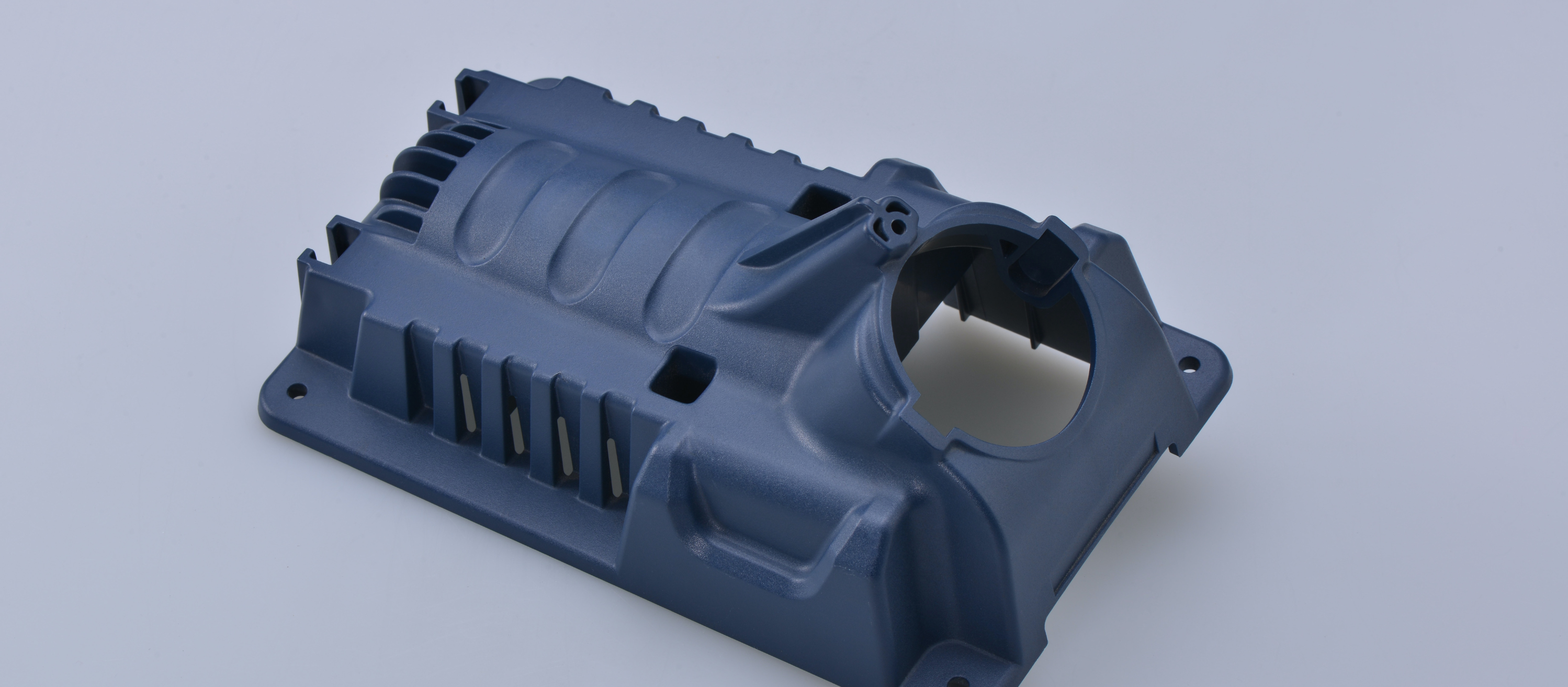Injection Molding
Injection Molding
Injection molding is a highly efficient and scalable manufacturing process ideal for hardware product-based startups aiming for mass production. Through this process, molten material is injected into a mold cavity, allowing for the production of complex and detailed parts. Injection molding offers advantages such as high production volumes, consistent part quality, and cost-effectiveness in large-scale manufacturing. Startups can benefit from its ability to produce parts with various materials, including thermoplastics and elastomers, meeting the demands of their product development and production goals.
Injection Moulding
- Thermoplastic
- Thermosetting
Thermoplastic injection molding is the most common type, using heated thermoplastic materials that can be melted and cooled multiple times. It is suitable for high-volume production of various products, including consumer goods, packaging, and automotive components.
Thermosetting injection molding utilizes heated thermosetting materials that undergo a permanent chemical change during the molding process. It is ideal for producing parts requiring high strength, durability, and resistance to heat and chemicals, such as electrical connectors, appliance handles, and automotive components.
Thermoplastic injection molding is the most common type, using heated thermoplastic materials that can be melted and cooled multiple times. It is suitable for high-volume production of various products, including consumer goods, packaging, and automotive components.
Thermosetting injection molding utilizes heated thermosetting materials that undergo a permanent chemical change during the molding process. It is ideal for producing parts requiring high strength, durability, and resistance to heat and chemicals, such as electrical connectors, appliance handles, and automotive components.
FAQs
- We work with a range of materials suitable for injection molding, including ABS, PP, PC, HDPE, and more. Each material has unique properties suitable for different applications.
- Injection molding is widely used across industries for producing various parts, including:
- Automotive: Manufacturing plastic components such as dashboards, bumpers, and interior trim.
- Consumer Electronics: Producing casings for electronic devices, keyboard buttons, and connectors.
- Medical: Creating disposable medical devices, syringes, and medical equipment casings.
- Packaging: Producing bottles, containers, caps, and closures for food and beverages.
- Home Appliances: Manufacturing parts for appliances like refrigerators, washing machines, and vacuum cleaners.
- Toys and Games: Producing plastic components for toys, game pieces, and puzzles.
- The lead time for injection molding production depends on factors such as part complexity, order quantity, and material availability. We strive to provide fast turnaround times, typically within 1 week.
- Yes, our team of experts can assist in designing molds optimized for injection molding. We can provide design recommendations to ensure the manufacturability and cost-effectiveness of the molds.
- Injection molded parts can achieve a variety of surface finishes, including smooth, textured, matte, and glossy finishes. The choice of surface finish depends on the requirements of the application.
